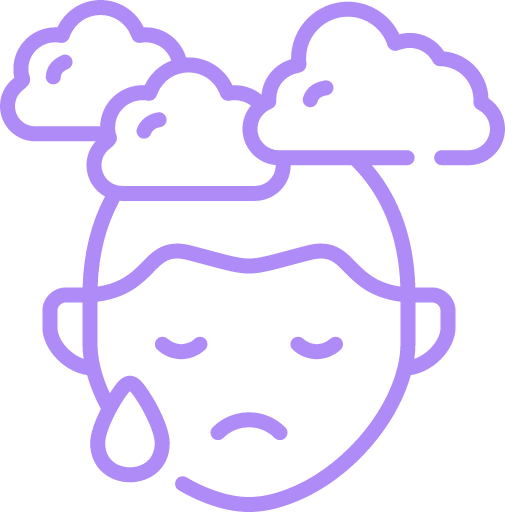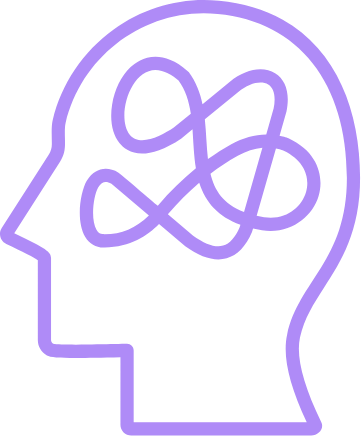Approaches
EMDR
You will heal the symptoms and emotional distress that are the result of disturbing life experiences.
Cognitive Behavioral Therapy
You will understand the connection between what you think, feel, and do, and how to break those vicious cycles that perpetuate your problems.
Acceptance and Commitment Therapy
You will create a rich and meaningful life, accepting the pain that inevitably comes with it. You will be encouraged to commit more fully to healthy, constructive activities that reinforce your values and life goals.
Compassion-Focused Therapy
You will cultivate compassion and self-compassion skills, which help regulate mood and generate feelings of safety, self-acceptance and calm.
Mindfulness
You will learn to engage with the present moment, freeing yourself from autopilot mode and gaining the ability to navigate your emotions.
Psychological help for
What is the therapeutic process like?
Evaluation
During the first sessions, I will focus on getting to know you and understanding the problems you are seeking help for.
Treatment plan
Based on the information gathered, I will propose a treatment plan tailored to your goals and priorities.
Implementation of treatment
I will help you acquire new skills to change the way you relate to your problems according to the goals we established.
Follow- up
We will analyze the results and decide whether to conclude or continue with the treatment.















